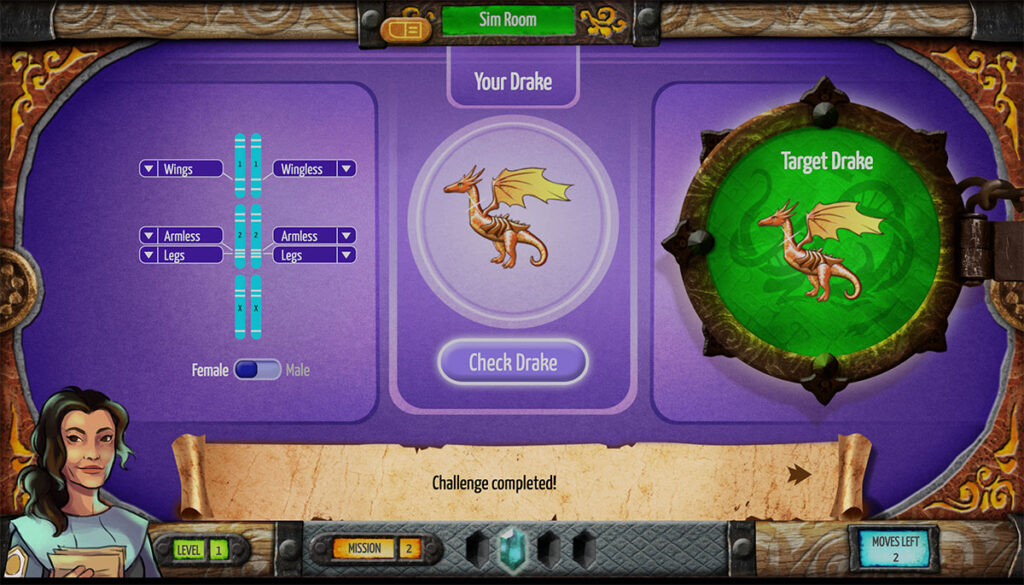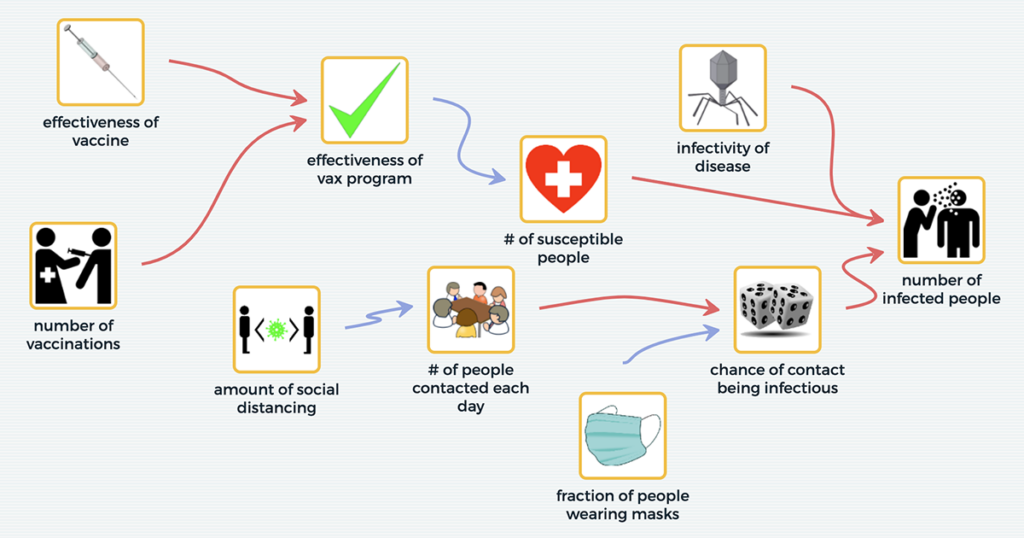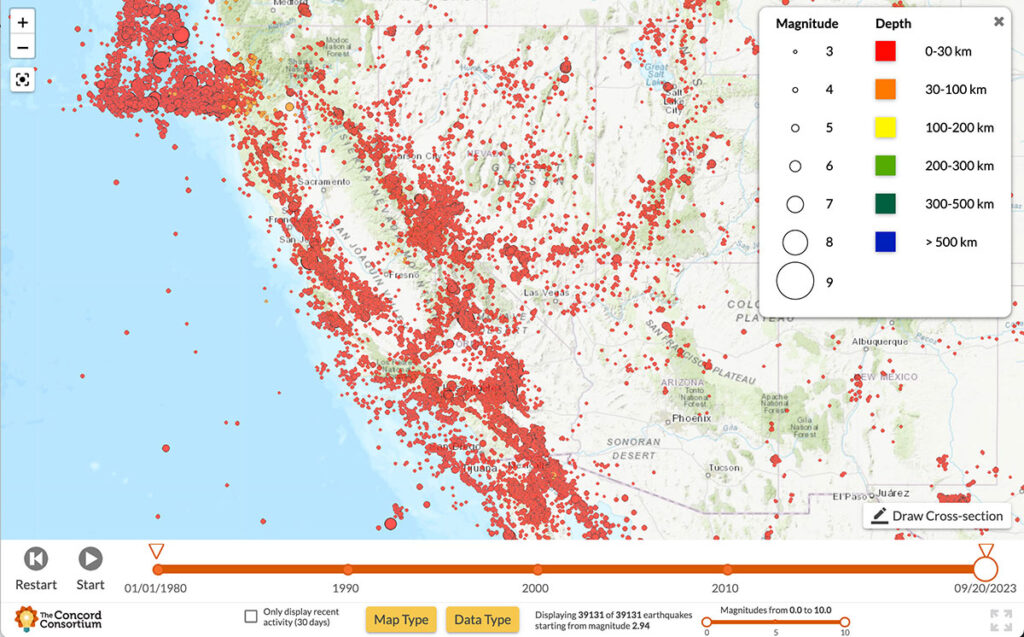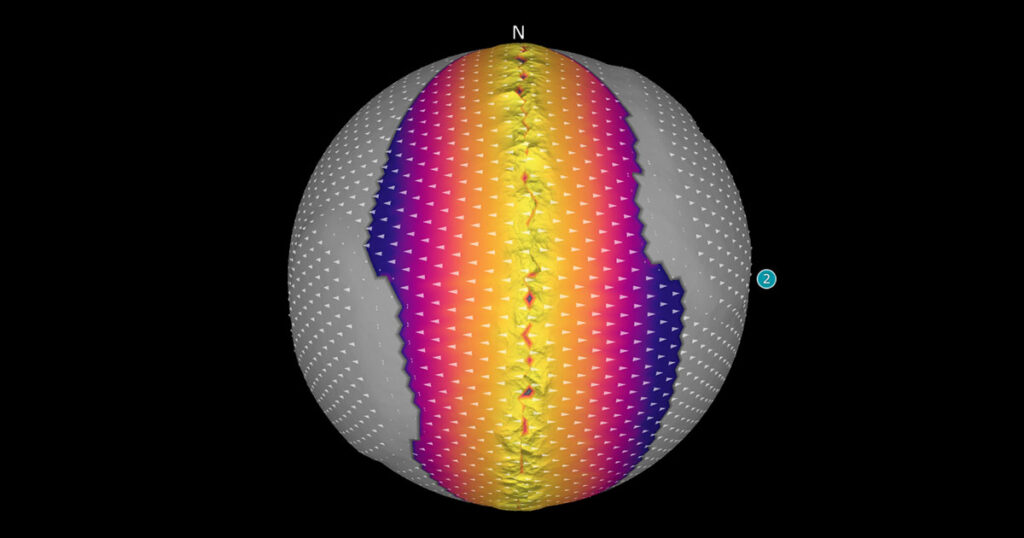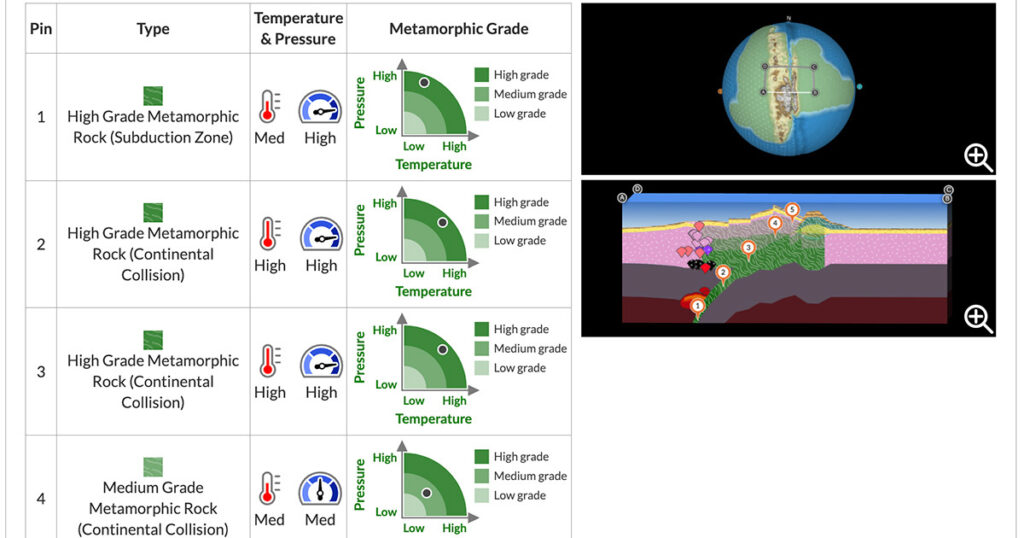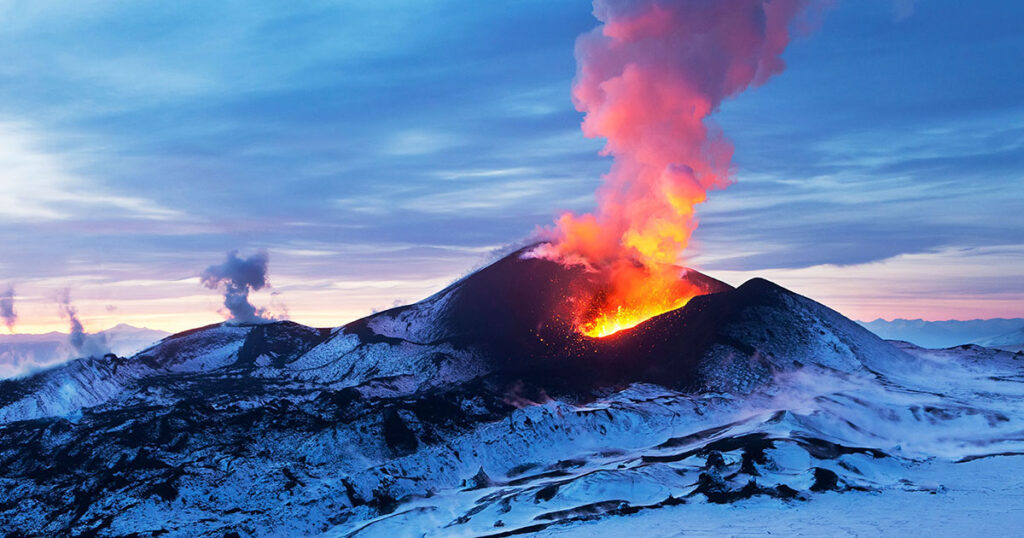Last summer, thick plumes of wildfire smoke from northern Canada blanketed cities as far south as Washington, D.C., in an eerie orange haze. Record-breaking wildfires in provinces across Canada resulted in catastrophic damage to homes and communities, the destruction of more than 45.7 million acres of forest, and dangerously unhealthy air quality throughout the Northeast […]
The Concord Consortium, in collaboration with Texas Tech University, the University of Florida, and WestEd, was awarded a $4 million Education Innovation and Research grant from the U.S. Department of Education. The five-year project will develop a year-long Artificial Intelligence (AI) in Math supplemental certificate program for secondary Algebra I or Integrated Math 1 classes. […]
2024 marks our 30th anniversary. Our origins reach back to a simple beginning, on a single-board computer with a mere one kilobyte of memory. But it’s not about the computer itself—it’s never just the technology. It’s what the computer made possible that matters. When Bob Tinker connected a KIM-1 computer to an expansion board he’d […]
To work towards our mission to innovate and inspire equitable, large-scale improvements in STEM teaching and learning through technology, we make our STEM resources free and our research findings accessible and usable. Achieving such an ambitious mission takes countless partners and perspectives, and we are thrilled to collaborate with teachers, students, scientists, and researchers. In […]
Social media has been exploding with New Year’s resolutions since early fall. If you’d like to get a head start on your own educational resolutions for the next calendar year, we’ve got you covered. Want to help students see Earth science as a lab science? Add more data science activities to your high school classes? […]
From local environmental justice issues to global phenomena such as climate change, complex problems often require systems thinking to address them. Since 2018, the National Science Foundation-funded Multilevel Computational Modeling project, a collaboration between the Concord Consortium and the CREATE for STEM Institute at Michigan State University, has researched how the use of our SageModeler […]
With most California residents living within a 30-minute drive of one of the state’s 500 active fault zones, the threat of earthquakes looms large. Scientists are constantly monitoring seismic activity, conducting risk assessments to determine when and where earthquakes may occur, and predicting the potential impacts to surrounding communities. Our new National Science Foundation-funded YouthQuake […]
Stephanie Seevers is an Earth science teacher in Colorado and a consultant on the TecRocks project. I was talking to my 9th grade Earth and Space Science students recently about why they think so many people lack a solid understanding of our planet and its history. We brainstormed ideas, and while several theories sounded valid, […]
Across the Earth, rock is being created, destroyed, and transformed all the time. If you were to witness a volcanic eruption up close, you would see the birth of new rock. While such an eruption results in a dramatic display of Earth’s power, many rock-forming processes are invisible as they take place deep beneath Earth’s […]
Every education project funded by the National Science Foundation (NSF) is subject to flexible yet high expectations for the proposed research. NSF is investing in our ability to develop new technology, new curriculum, and new research that contributes innovative ideas and products to further the field of STEM education. When we are awarded an NSF […]


